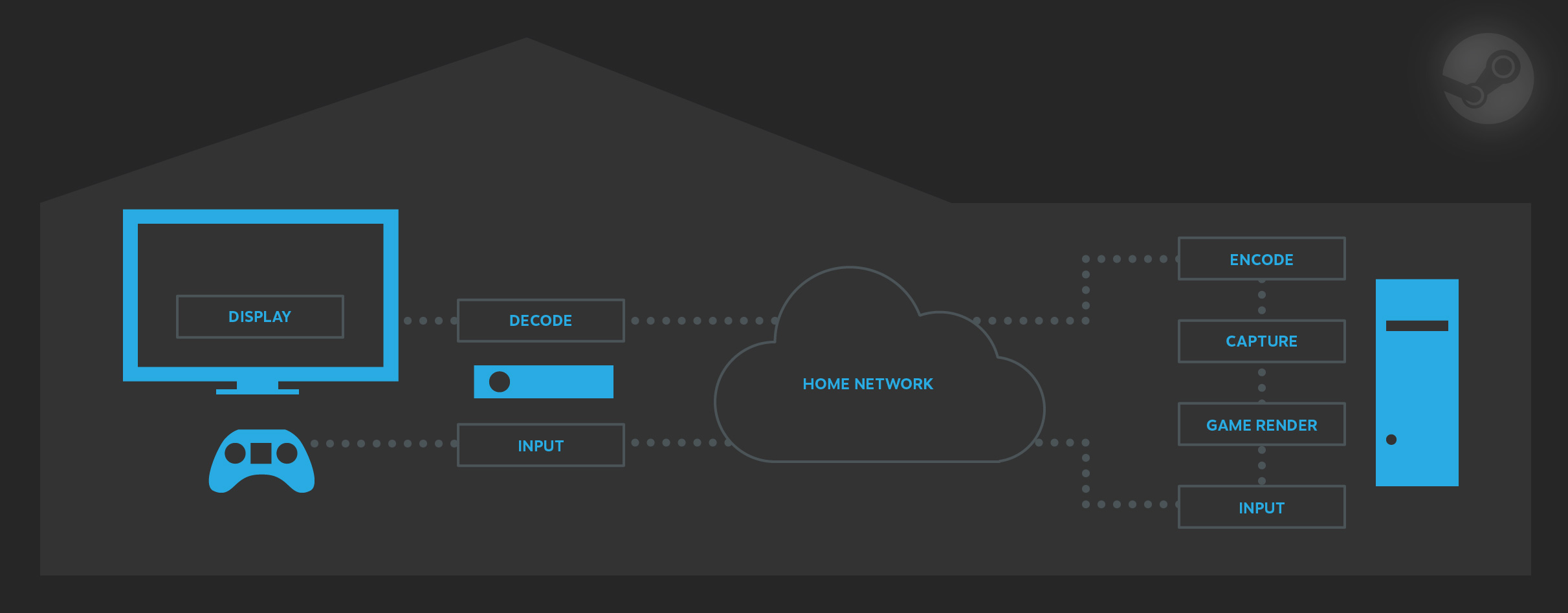just to clarify for people -- the client-server relationship doesn't necessarily mean "online." A client-server relationship can be entirely local to a machine. In linux, for example, the way programs interact with the X Windows system is a client-server relationship. This is beneficial if you want to design any sort of product where the server doesn't have to be local. In linux, you can start an X Window system on any machine in the network, and have your client connect to it (i.e. your window GUI system for linux, running on a remote computer) but by default, the server runs on the local machine beside the client. You might ask, what is the functional difference? Not much, but it's an implimentation difference, where your backend might be an entirely different thread, with it's own memory space, without granular control from the client.
The patent says "cloud gaming" but that doesn't necessarily mean "internet gaming." This would be necessary if, for example, Sony wants to build a playstation app for your TV, so that, if you have mulitple TVs in a house, you can have 1 PS5 somewhere that can stream to every television in the house through wifi, like the steam link. The difference being that the SteamLink interprets controller input in the client, then sends the commands over the network to the server (your PC). By contrast, with this patent, Sony could be saying their "steam link" answer app sends commands directly to the client (the PS5) without needing to go through the TV client app. The scenario I described above can accurately describe everything in the patent, including the term "cloud gaming."




